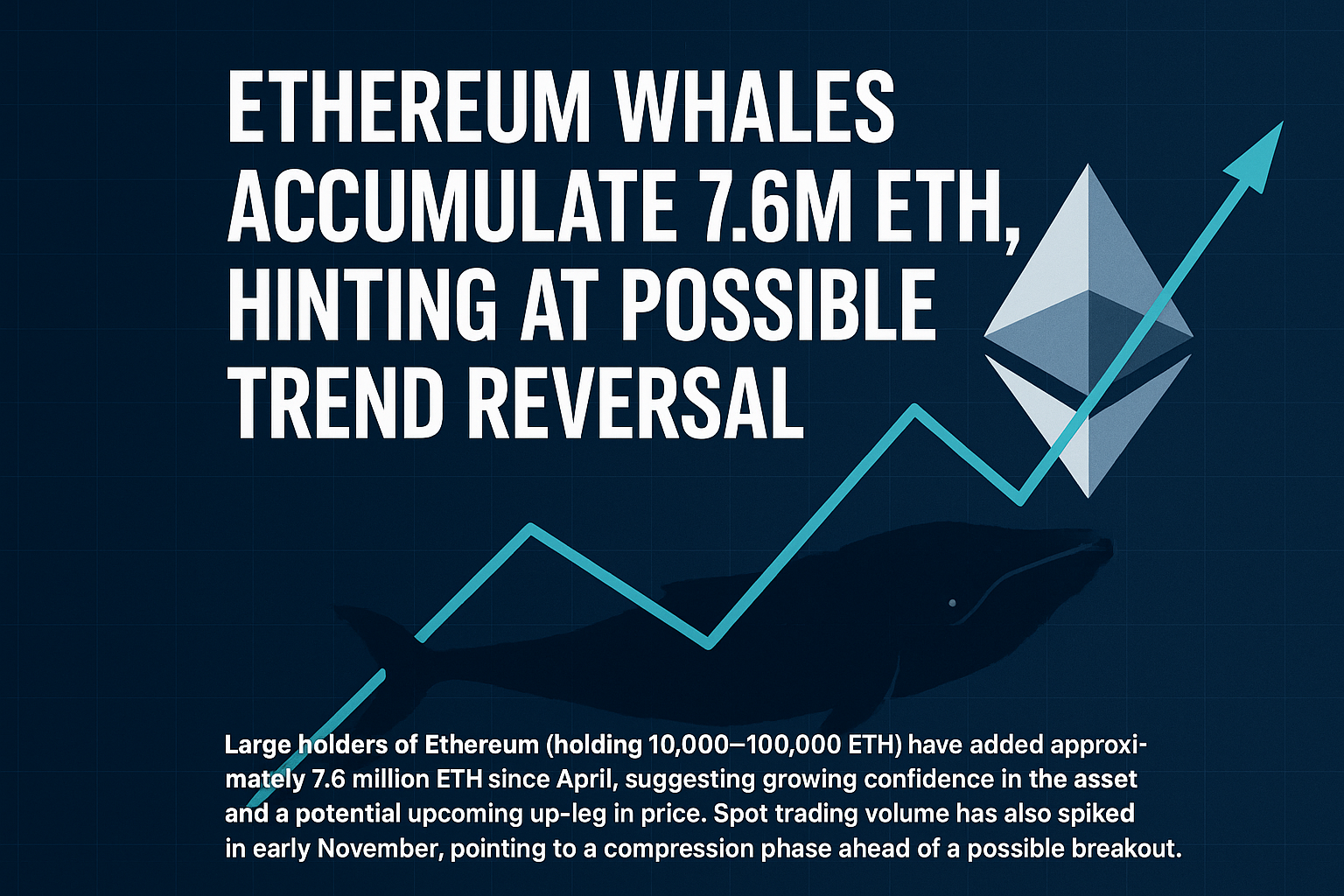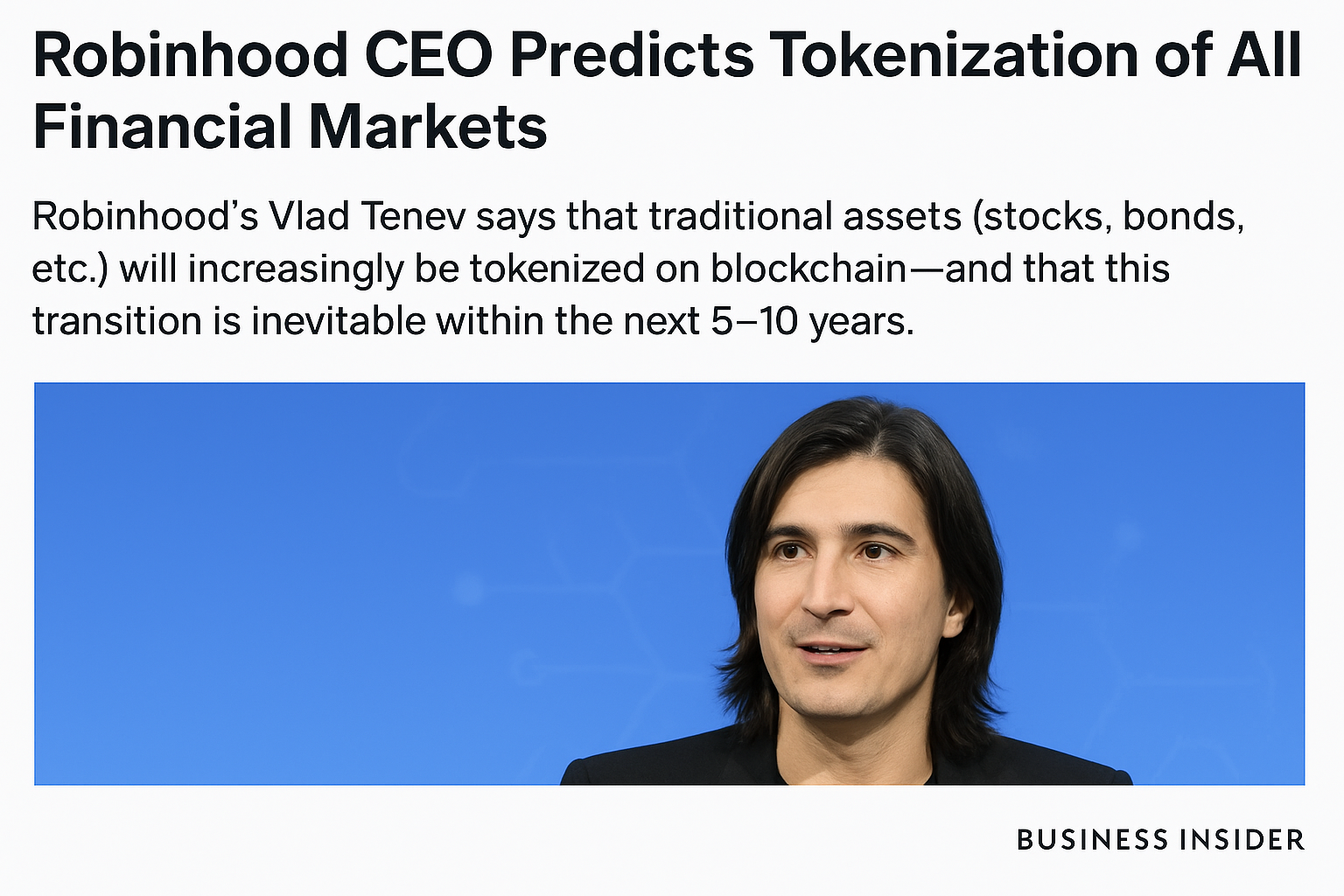In recent years, the intersection of sustainability and financial innovation has taken center stage. As the global economy faces the urgent challenge of decarbonization, new technologies are emerging to unlock capital flows into projects that can accelerate meaningful climate action. Among these innovations, blockchain tokenization of ESG (Environmental, Social, and Governance) assets stands out as a transformative enabler for institutional investors.
Why Tokenization Matters for ESG
Traditionally, ESG-linked investments—such as renewable energy credits, carbon offsets, green bonds, or water rights—have struggled with issues of fragmentation, illiquidity, and accessibility. Large-scale institutional investors often require standardized, transparent, and liquid instruments to justify long-term commitments.
This is where tokenization—the process of digitizing real-world assets (RWAs) on a blockchain—steps in. By breaking down large, illiquid assets into fractionalized digital tokens, blockchain offers investors an efficient, secure, and auditable way to access ESG-linked products.
For example:
-
Carbon credits can be tokenized, allowing corporations and funds to purchase and retire them seamlessly.
-
Renewable energy infrastructure—like solar farms or wind parks—can issue digital shares that give institutional investors fractional ownership and direct exposure to green projects.
-
Water rights and sustainable land use assets can be standardized, tracked, and traded across borders in real time.
Unlocking Institutional Capital
Institutional investors—pension funds, sovereign wealth funds, and asset managers—control trillions in capital but often face barriers when entering ESG markets. Tokenization addresses these hurdles by providing:
-
Liquidity – Digital tokens can be traded in secondary markets, making ESG investments more flexible.
-
Transparency – Blockchain ensures that all transactions are verifiable, mitigating concerns about “greenwashing.”
-
Standardization – Smart contracts can enforce uniform compliance and reporting standards.
-
Accessibility – Even niche ESG assets can be packaged into tokenized funds, broadening the investable universe.
This shift could mean a massive inflow of institutional capital into sustainable projects, accelerating the funding needed for global decarbonization.
Beyond Greenwashing: Building Trust with Blockchain
A key challenge in ESG investing has been credibility. Investors increasingly demand proof that their capital truly contributes to measurable impact. Tokenization, backed by blockchain’s immutable audit trails, provides an unprecedented level of accountability.
By embedding ESG metrics—such as CO₂ offset data, renewable output, or social impact scores—into smart contracts, tokenized assets can deliver real-time impact reporting. This strengthens investor trust and drives capital toward projects that genuinely move the needle.
The Road Ahead
The convergence of blockchain tokenization and ESG investing represents a powerful opportunity to mobilize capital at scale. While regulatory frameworks and adoption hurdles remain, the trajectory is clear: real-world asset digitization will play a central role in financing the green transition.
As platforms like Arx Veritas and others continue to develop tokenization frameworks, institutional investors may soon find themselves at the forefront of the sustainability revolution—allocating capital more efficiently, transparently, and impactfully than ever before.




